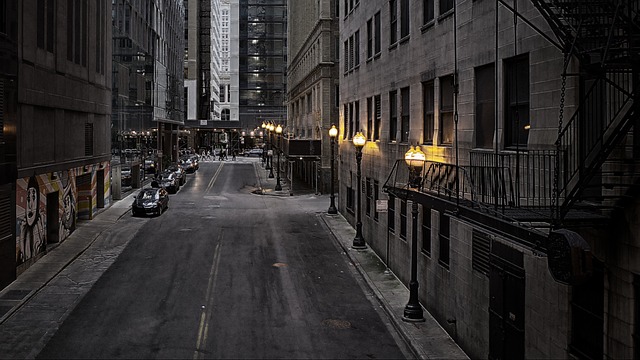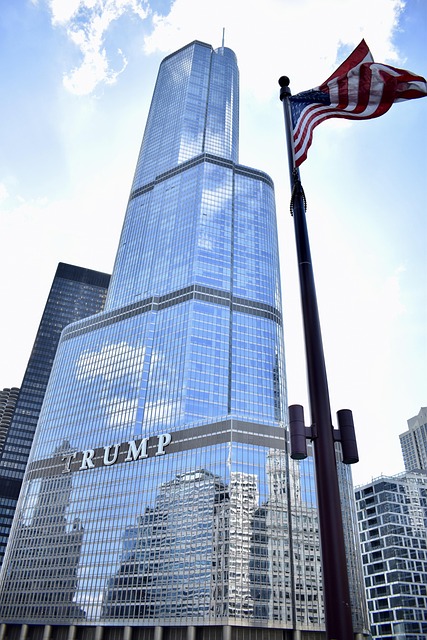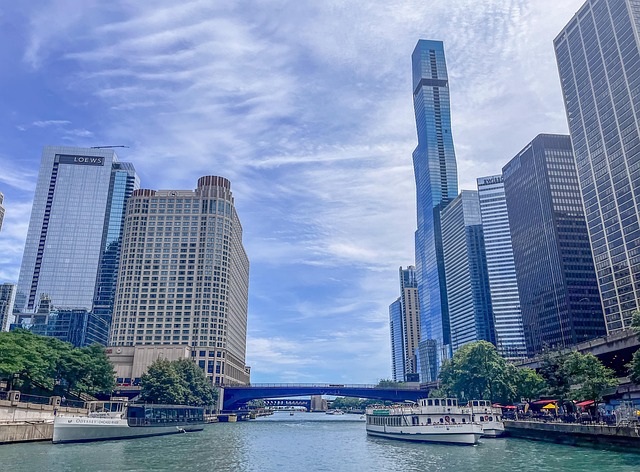True crime shows have surged in popularity, significantly influencing societal perceptions of sexual assault and shaping public opinion on justice. In Chicago, where a dedicated rape law firm operates, these programs impact trial outcomes due to their graphic details and focus on victims' emotions. While they raise awareness, they also risk sensationalizing cases, leading to biases and unfair interpretations of evidence by juries. This dynamic presents challenges for the rape law firm, requiring them to educate clients and the public about the distinction between media portrayals and reality in sexual assault cases. Balancing public interest with impartiality is crucial to ensuring fair representation and just verdicts.
“The surge of true crime shows has dramatically altered public discourse on criminal justice, particularly in high-profile cases like sexual assault trials. This article delves into the intricate relationship between these shows and Chicago’s legal landscape, focusing on how media portrayals influence perceptions and outcomes. We explore real-life cases, their impact on the criminal justice system, and the subsequent effect on public opinion and jury decisions. Furthermore, we examine ethical considerations for rape law firms in Chicago, IL, navigating this complex media environment.”
The Rise of True Crime and Its Influence on Legal Perception
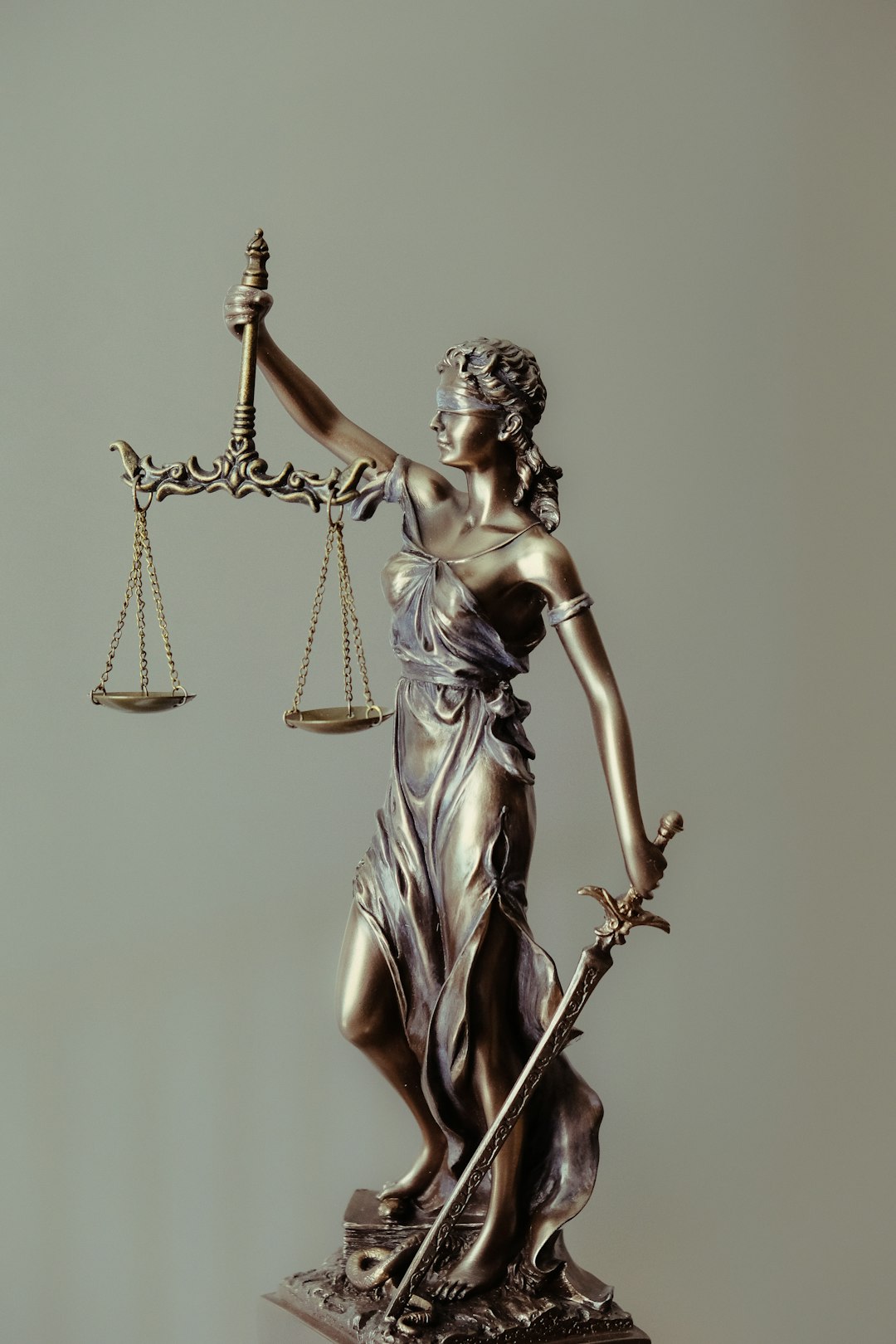
In recent years, true crime shows have experienced a significant surge in popularity, captivating audiences worldwide. These gripping programs, often showcasing high-profile crimes, have inadvertently influenced societal perceptions and legal discussions, particularly surrounding sensitive issues like sexual assault. With many viewers seeking insights into complex cases, the media’s portrayal of true crime can shape public opinion, including attitudes towards victims and the criminal justice system.
The impact is notably felt in cities like Chicago, where a dedicated rape law firm navigates a complex legal landscape. As these shows gain traction, there’s a growing need to understand their effect on trials and public perception of sexual assault cases. The rise of true crime may contribute to heightened awareness, but it also risks oversimplifying intricate legal matters, potentially influencing how juries interpret evidence in real-life trials.
How Real-Life Cases Shape Criminal Justice Narratives

True crime shows have become a ubiquitous part of modern media, offering viewers a glimpse into real-life criminal justice narratives. These programs often draw from ongoing cases, sparking public interest and shaping perceptions of justice. In Chicago, where rape law firms play a critical role in supporting survivors, such shows can significantly impact how sexual assault trials are perceived and even influence jury decisions. The intimate details aired on these shows, while providing an enthralling view into the legal process, might inadvertently shape societal attitudes towards victims and perpetrators, adding pressure on both prosecutors and defense attorneys.
The media’s role in shaping public opinion is profound. As viewers connect with the stories presented, their empathy for victims can intensify, leading to calls for stricter rape laws or more severe punishments for offenders. Conversely, sensationalized portrayals could also contribute to victim-blaming or create biases against certain demographics, impacting the fairness of trials. Understanding these dynamics is crucial for navigating Chicago’s complex legal landscape and ensuring that justice is served equitably.
Chicago's Sexual Assault Trials: A Complex Relationship with Media Portrayals

Chicago’s Sexual Assault Trials have a complex relationship with media portrayals, particularly those depicted in true crime shows. While these shows can raise awareness about sexual violence and highlight the importance of justice, they also present challenges for the legal system. The graphic and often sensationalized narratives can influence public perception, potentially affecting the fairness of trials. Jurors may form preconceived notions based on what they see on screen, which could skew their judgment in real-life cases.
This dynamic is particularly relevant for rape law firms in Chicago, IL, as they navigate a landscape where media impact extends beyond mere entertainment. The accuracy of these portrayals is questionable, and the consequences can be severe. For victims, the last thing they need is for their case to be prejudged based on fictionalized versions of events. As such, it’s crucial for both legal professionals and the media to strike a balance between maintaining public interest and ensuring that trials remain impartial and focused on the facts.
Impact on Public Opinion and Jury Decisions
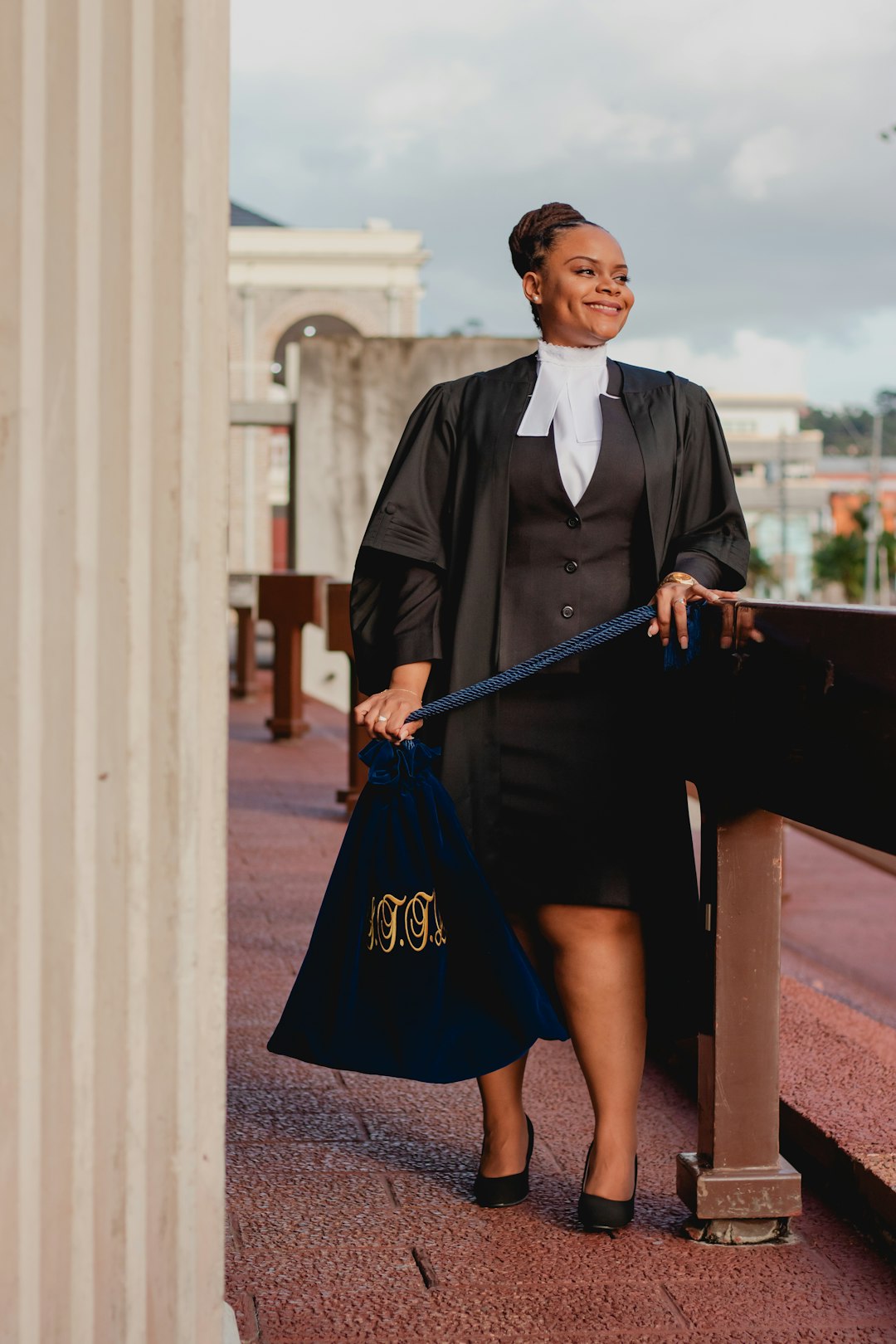
The prevalence of true crime shows has significantly influenced public perception and, consequently, jury decisions in sexual assault trials across Chicago. These captivating programs often portray graphic details of crimes, focusing on the emotional impact on victims and the pursuit of justice. As a result, many viewers develop strong opinions about the guilt or innocence of accused individuals, especially in cases involving rape. With the power to shape public discourse, these shows can create an environment where societal biases and preconceived notions color the way people view evidence presented in court.
When Chicago’s rape law firm encounters cases with a public interest component, they must consider the impact of media coverage. The intense scrutiny and sensationalized narratives from true crime shows might lead to increased pressure on legal professionals and juries. This can make it challenging for defense attorneys to advocate for their clients fairly, as public opinion may have already formed, potentially hindering the pursuit of a just verdict based solely on the evidence presented in court.
Ethical Considerations for Rape Law Firms in Chicago, IL

In the context of true crime shows’ influence on public perception, ethical considerations come into play for rape law firms in Chicago, IL. As these shows often sensationalize and dramatize criminal cases, they can shape community expectations about legal outcomes, potentially affecting the strategies and challenges faced by sexual assault attorneys. This is particularly sensitive in Chicago, where a strong presence of media coverage could impact local trials.
Rape law firms must navigate this landscape while ensuring ethical practice. They need to educate both their clients and the public on the realities of sexual assault cases, separating fact from fiction as presented in popular media. Balancing public awareness with the privacy and sensitivity required in such cases is crucial to maintaining fairness and integrity within the legal process for all involved.
